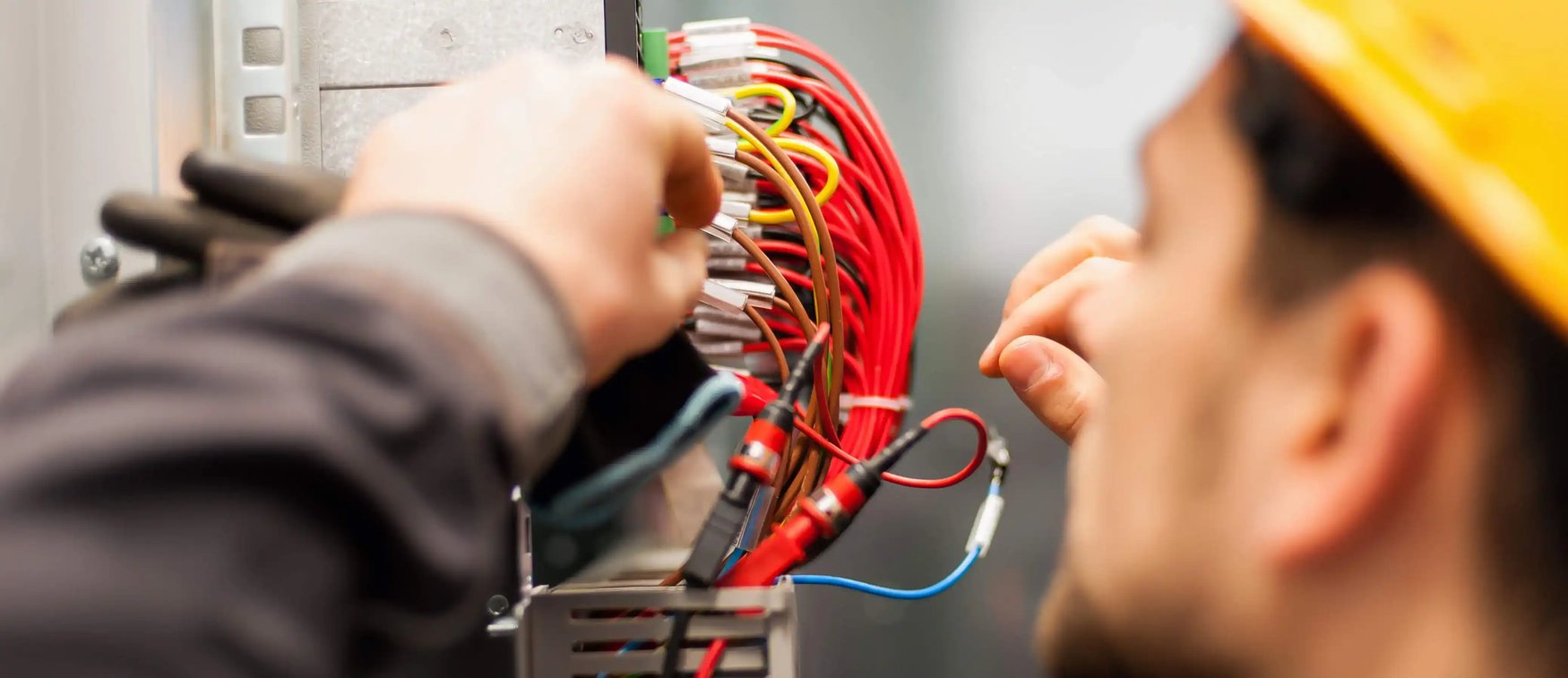How Do I Know It’s Time to Replace My Electrical Panel?

When it comes to the electrical wiring in your home, safety is crucial; electrical distribution systems are the third leading cause of fires in the home in the United States. That’s one of the many reasons why it’s so important to regularly check in on your home’s electrical systems and to keep them up to date. The electrical panels are particularly important. Outdated electrical panels are one of the most common electrical hazards in homes and businesses, along with damaged wiring and secondhand appliances.
These panels, also known as breaker panels, house the individual breakers that provide electricity to different parts of your home as well as the “main” circuit breaker that controls power to the entire house. The main circuit breaker will also display the amperage of your house, which is generally 200 or 400 amps.
But, if you’re not an expert, how do you know when it’s time to replace the electrical panel in your home?
Here are a few things to look out for to determine if it’s time to replace your breaker panel.
1. Its Age
Generally speaking, electrical panels need to be replaced every 25 to 40 years. Therefore, if you’re living in an older home, there’s a higher likelihood that you’ll need to replace your breaker panel.
A good way to tell if your electrical panel is too old and needs to be updated is if your home doesn’t have an electrical panel at all, but instead has a fuse box. Fuse boxes are especially common in old homes and pre-war apartments, and typically don’t meet modern safety standards. Fuses are also far less convenient than circuit breaker panels; when a fuse blows, it needs to be completely replaced. On electrical panels, when a circuit switches off, you can just flip the breaker to turn it back on.
2. Scorch Marks or Other Physical Signs of Damage
When you look at your electrical panel, do you see scorch marks, smoke, or any other signs of physical damage? If the answer is yes, this could be a sign of melted or damaged wires, which is a significant concern: a melted wire could send your entire house up into flames. As a homeowner, you have a responsibility to keep an eye out for such physical signs and to take action if you see them. If you do see such signs, unplug your devices and disconnect your power before calling an electrician.
Looking for Electrical Design Services? Let Our Experts Handle It!
3. Burning Odor
Your nose can also tell you if it’s time to upgrade. If you’re smelling a burning odor coming from the panel, that means you should be urgently replacing it. However, the first step in this situation is to act fast, turning off and unplugging all electrical equipment in the household. This is not something to take lightly so be sure to do this as soon as possible. After turning off and unplugging your devices, turn off the main power supply and call an electrician to come in and have a look at your system.
Be sure to look out for all of the signs above when determining if it’s time to upgrade your electrical panel. If you notice any of them, it’s time to bring an electrician in to replace it. Maintaining this awareness will save you from potential hazards in the long run, improve the value of your home, and give you the peace of mind you deserve.
An electrical design makes your building safer while reducing your power bills. NY Engineers has completed over 1000 projects, and you can email at info@ny-engineers.com or call.

Ankit Javeri
Ankit is the Project Manager at NY Engineers, who holds an M.Tech. Some of his projects includes Community Access, Jackson Avenue
Join 15,000+ Fellow Architects and Contractors
Get expert engineering tips straight to your inbox. Subscribe to the NY Engineers Blog below.



